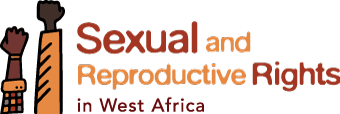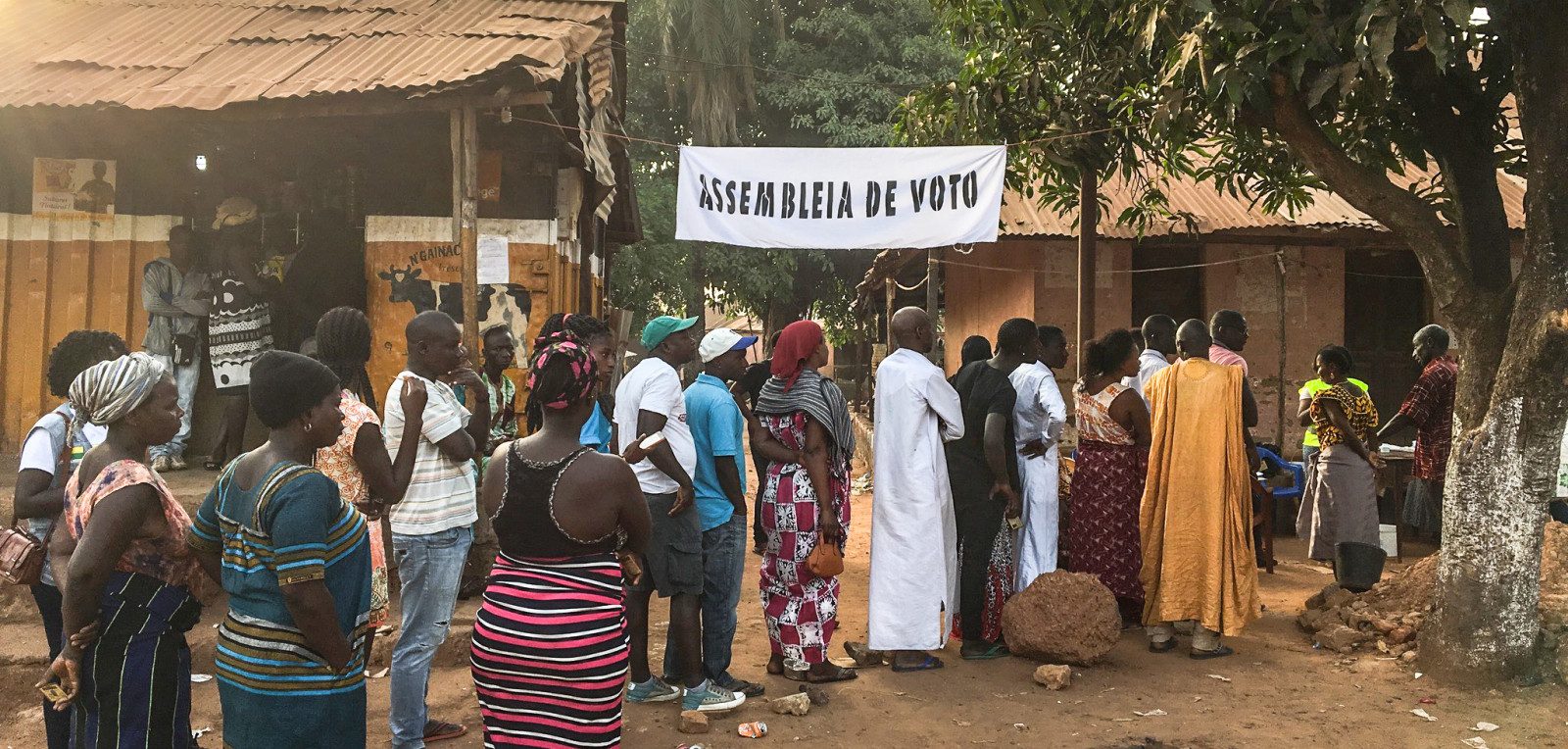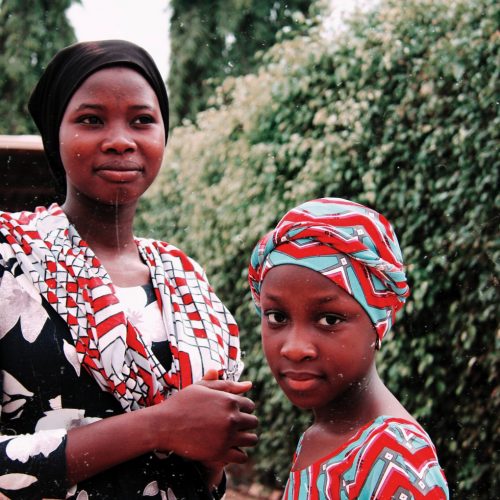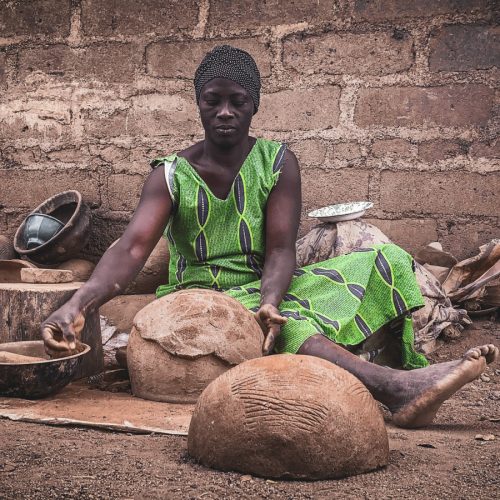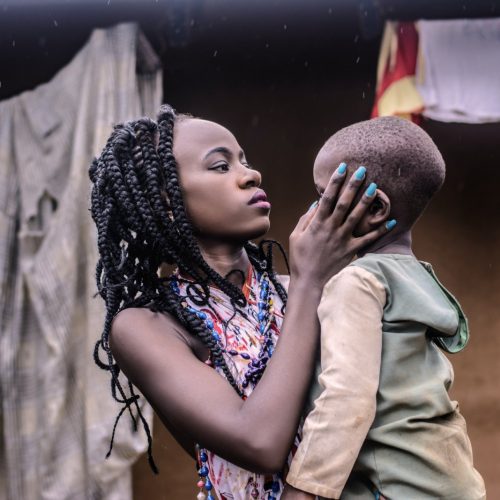Sexual and reproductive rights were inscribed explicitly in human rights instruments during the 1990’s. While initially, especially during the 1970’s, they were promoted in the framework of health under the banner of reproductive rights, these have widened considerably. In Africa, and in particular in Western Africa, these rights have been promoted by international organizations in articulation with local governments and a wide range of non-governmental and civil society organizations. Interventions have been designed from the macro-political level to the grassroots level. Nevertheless, the juridical and political nature of these instruments of international law, translated locally, creates forms of biopolitics that aren’t always aligned with local practices, thus promoting some resistancies.
In the SEXRWA Webinars we invited scholars developing research on subjects we consider to have important correlations with our main objectives. With them we would like to widen the scope of the discussions on sexual and reproductive rights in Guinea Bissau and Senegal, to take into account local social dynamics.
This series will have 12 Webinars, taking place in thefirst, second, and fourth quarter of 2021, and the first quarter of 2022.
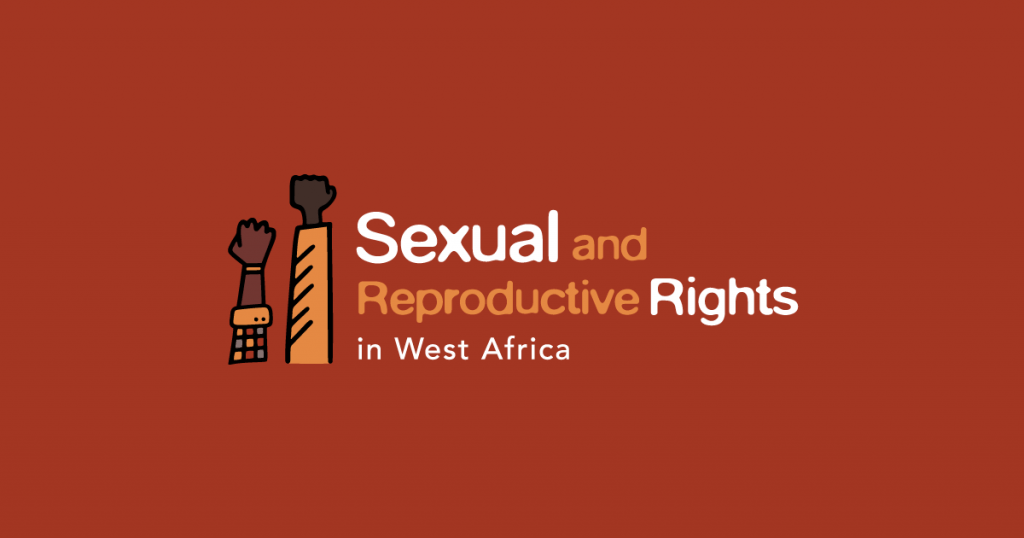
SEXRWA 2021 1st and 2nd Quarter Webinars
1st Webinar – 17th of March / 17:00 GMT
Speaker: Marame Guèye, East Carolina University
Title: Fleecing Senegalese Women: The Normalization of Female Suffering Through Language and Religion, and Who Should Lead the Fight for Gender Equity in Africa.
Keywords: Wifehood; Religion; Language; North-South Partnerships
Marame Gueye holds a PhD from State University of New York at Binghamton and a B.A. and an M.A. from Cheikh Anta Diop University in Dakar. She is an Associate Professor of African and African Diaspora Literatures at East Carolina University (ECU) in Greenville, North Carolina, where she is currently teaching graduate and undergraduate courses in Multicultural and Transnational Literatures. Guèye’s research is primarily focussed on marriage relations, poligamy, diaspora, immigration, popular culture and gender norms, as well as on the oral performances of Senegalese women as instruments of resistance. She is also quite active on social media platforms such as Facebook, and is the founder of “Une Senegalaise aux USA”, an online community of women from Senegal living in the United States.
SIGN UP HERE: https://docs.google.com/forms/d/1bS9LTYt5Ow48zPyGNhkvI2zox99konyG8QLQaS0X8ws

2nd Webinar – 7th of April / 18:00 GMT
Speaker: Ellen Foley, Clark University
Title: The politics of research on sex: reflections and lessons learned from two decades of field work in Senegal
Keywords: Sexuality, Senegal, SRHR
Ellen Foley holds a PhD and a M.A from Michigan State University, as well as a B.A from Kalamazoo University. She is a Medical anthropologist currently working as a Professor of International Development and Social Change at Clark University in Massachusetts. Her research is primarily focused on the neoliberal health reform in West Africa, gender and health disparities, reproductive health, HIV/AIDS, access to health-enabling resources, urban health and youth violence. Foley is interested in the intersections between global, national, and local health, particularly in Senegal, where she has focused on sexuality, multipartnership, polygamy, LGBT issues, and more recently, populationism. Through her work, she examines the processes by which social and economic changes articulate with existing hierarchies of gender, class, and generation.

3rd Webinar – 28th of April / 18:00 GMT
Speaker: Joanna Davidson (confirmed), Boston University
Title: Quietly Opting Out: Widows & Other Troublemakers in Rural Guinea-Bissau
Keywords: Guinea Bissau, Widowhood
Joanna Davidson holds a Ph.D. and M.A from Emory University and a B.A from Stanford University. She is currently an Associate Director at Kilachand Honors College and an Associate Professor in the Department of Anthropology at Boston University, as well as an affiliated faculty member in the African Studies Center at Kilachand Honors College and at the Women’s Gender and Sexuality Studies Program and the Global Development Policy Center at Boston University.Davidson has had vast experience as a consultant and has published research on Guinea-Bissau for over two decades on gender and development issues. Her main areas of interest are socio-cultural anthropology, agrarian and rural societies in West Africa, marriage and gender relations, ethnographic writing and storytelling. Her extensive work experience in Guinea-Bissau and her knowledge on gender and sexuality is an important asset to the SEXRWA project.

4th Webinar – 12th of May / 18:00 GMT
Speaker: Michelle Johnson, Bucknell University
Title: God, Hear our Prayers: Gender, Islam, and Human Rights in Genital Cutting Debates in Guinea-Bissau and Portugal
Key Words: Genital cutting, Islam, human rights, gender, Guinea-Bissau, Portugal
Michelle Johnson holds a Ph.D and a M.A from the University of Illinois at Urbana-Champaign and a B.A of the University of Washington. She is currently a Professor of Anthropology at Bucknell University. Her research primarily focusses on the anthropology of religion, gender politics and Islam, life course rituals, transnationalism, Lusophone Africa (particularly Guinea-Bissau) and on the african diaspora living in Portugal and in Europe, as well as on identity, environment and development in rural West Africa.
Next up:
6th of October 2021 / 18:00 GMT, Fatou Sow and Michella Fusaschi
27th of October 2021 / 18:00 GMT, Christophe Broqua
17th of November 2021 / 18:00 GMT, Siri Suh
8th of December 2021 / 18:00, to be confirmed
12th of January 2022 / 18:00, Sílvia Roque and Giovanna Cavatorta
26th of January 2022 / 18:00, Inês Galvão
2nd of February 2022 / 18:00, Barbara Crossouard
Final Session (date to be confirmed), Project Team
More info will be shared in the coming months
